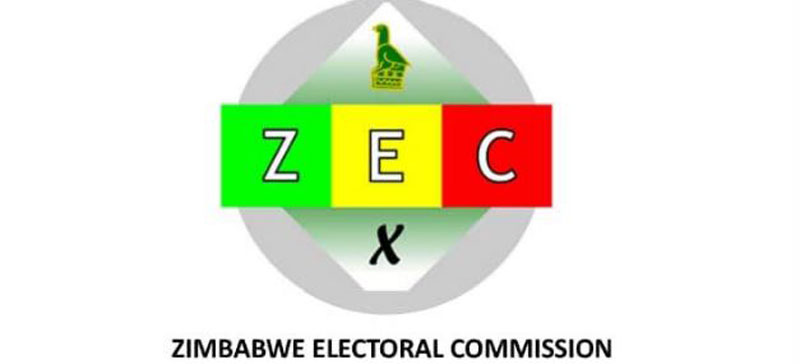Forward pricing hurting economy – RBZ
Share

Harare, (New Ziana) – The Reserve Bank of Zimbabwe (RBZ) has said forward pricing by business was one of the main contributors to the skyrocketing of prices of basic commodities and depreciation of the local dollar, making it difficult for consumers already grappling with soaring inflation and static incomes.
The prices of basic commodities have been rising rapidly in the country over the past few months as shortages of foreign currency has deepened.
The Reserve Bank said this was caused, in part, by the growing tendency by the business sector to forward price goods and services in anticipation of upward exchange rate movements.
“Price determination in the economy by businesses is being established on the basis of expectations about the depreciation of the exchange rate and prices that will exist in the future,” the bank said.
“This forward pricing system or practice of front-loading anticipated exchange rates in the current prices based on fear factor, is detrimental to the economy, as it leads to self-fulfilling depreciation in the exchange rate, with negative knock-on effects on prices.”
Commenting on depreciation in the exchange rate experienced over the past few weeks, the RBZ said: “It was largely a result of behavioral and other non-monetary factors such as negative perceptions, adverse expectations and speculative tendencies of economic agents and tracking of the Old Mutual Implied exchange rate (OMIR), which was quoted at around ZW $140/USD over that period”.
“The depreciation was divorced from economic fundamentals, as it occurred immediately after the opening of the tobacco selling season, which is traditionally associated with stability and appreciation of the local currency.”
The RBZ said the recent introduction of ZW$10 and ZW$20 notes did not represent an increase in money supply, but a substitution of electronic dollars to physical notes.
Experts have been lobbying the apex bank to put a lid on money supply in order to arrest inflation.
New Ziana









